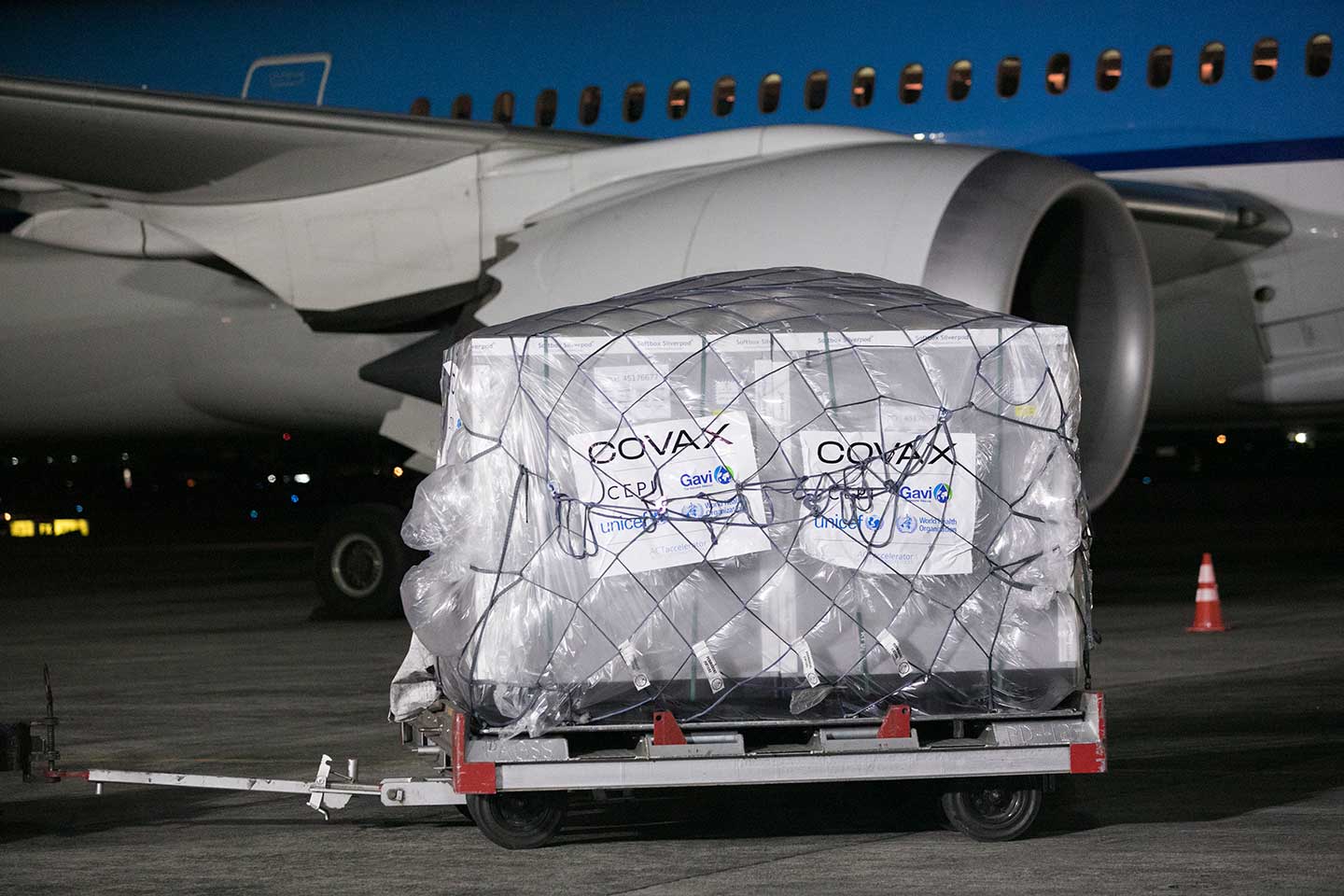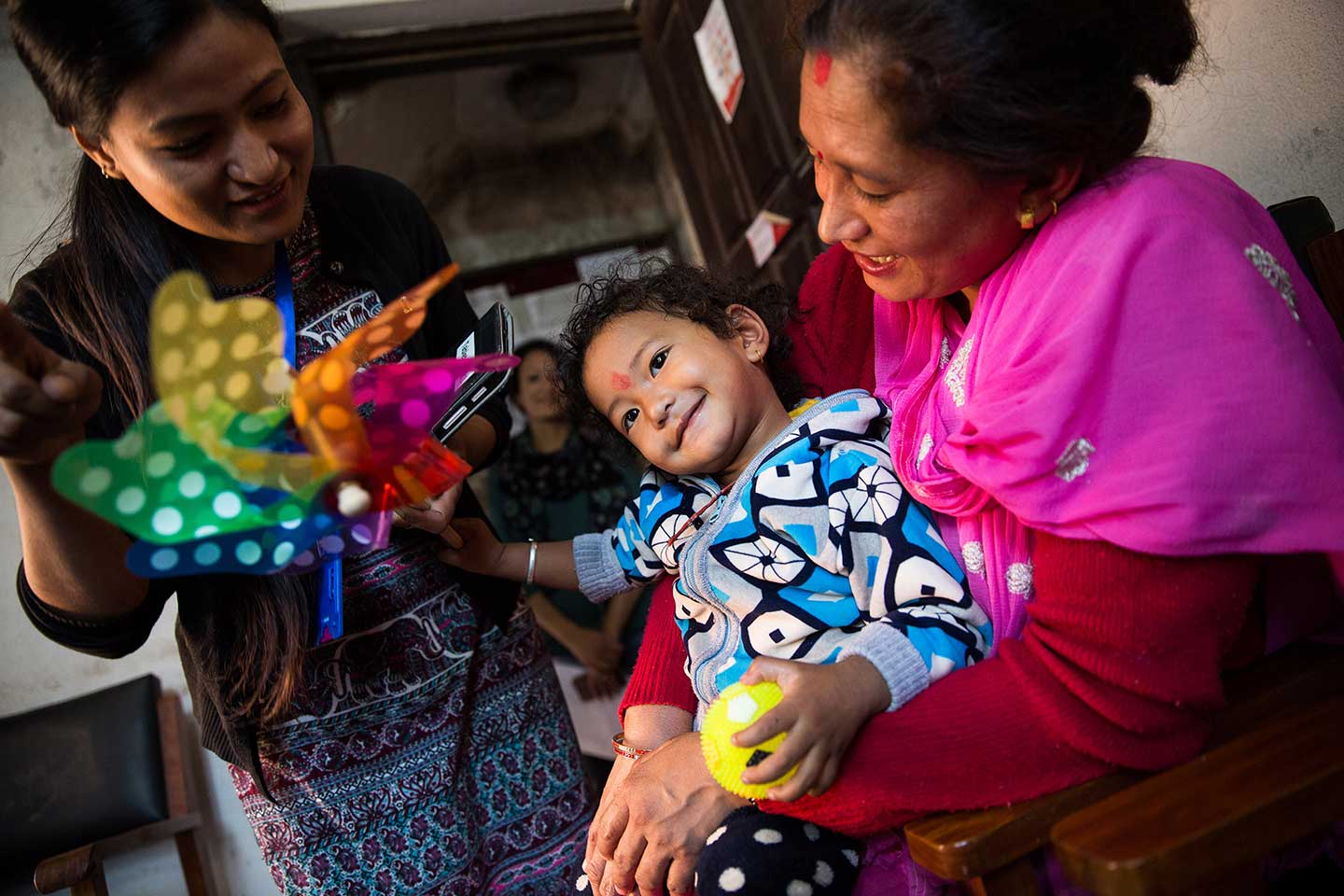Why we still need to talk about pandemics and how to approach future ones
Nobody can be blamed for not wanting to hear the word ‘pandemic’ ever again. COVID-19, the worst global health emergency in 100 years, claimed the lives of millions of people.
- 29 September 2023
- 2 min read
- by Aurélia Nguyen

The pandemic wreaked profound economic and psychological distress on many. Yet, just as the COVID-19 years are beginning to slide inelegantly into the rearview mirror of our collective consciousness, we mustn't let the learnings of our response get lost forever.
Readiness for global health emergencies
It is more or less an evolutionary certainty that we will experience future pandemics and, due to several factors including climate change, mass migration, and continued encroachment by humans into animal habitats, this likelihood is increasing. This means we need to break the cycle of panic-neglect that we have allowed to take root each time we face a global health emergency of this scale.
We need to build a world where vaccines and treatments can be manufactured in every region.
Distribution and equity
What are the lessons from COVID-19 that are invaluable in helping us be better prepared next time? First, we need to ensure contingent at-risk funding is available to allow at-risk lower-income countries to order vaccines or treatments as soon as they come onto the market — just as wealthier countries were able to do. This way, we can collectively be sure that scarce goods are directed first to those who need them, such as health workers, the elderly, or those with underlying health conditions.
Have you read?
Secondly, we need to build a world where vaccines and treatments can be manufactured in every region, rather than have production concentrated in just a few countries, which can then impede equitable access by prioritizing their own populations first. These are just two instances where action must be taken now to override the inevitable nationalism and export bans that hampered global efforts to bring COVID-19 under control.
Building a manufacturing ecosystem
Fortunately, progress is being made in both areas. As a co-lead of COVAX, the international initiative for equitable access to COVID-19 vaccines, and as the Chief Programme Officer of the Vaccine Alliance, we are working with our partners, including the African Union, to kickstart development of a thriving African manufacturing ecosystem. Meanwhile, thanks to partnerships with development finance agencies, lines of credit are on hand to provide financing should new vaccines need to be procured.
Website
This article was originally published by Impacting Our Future.







